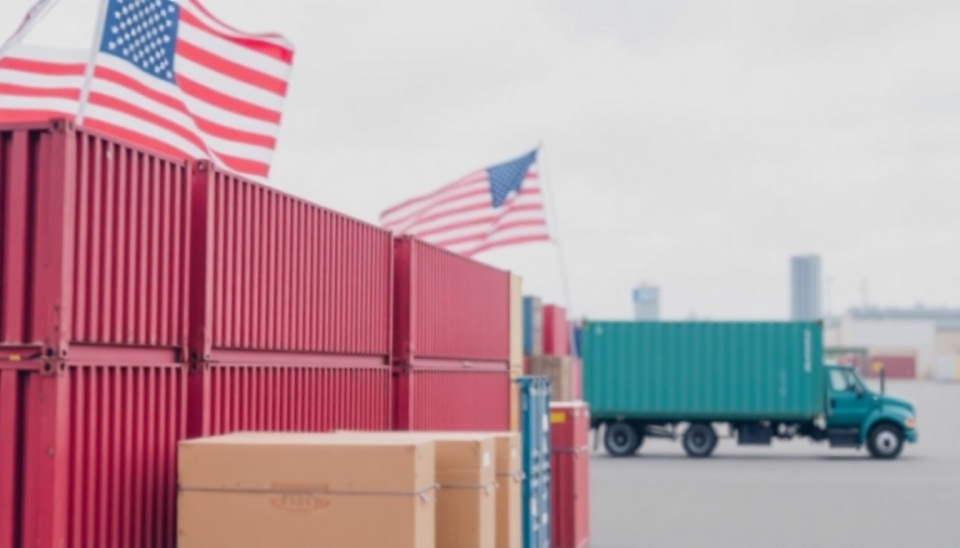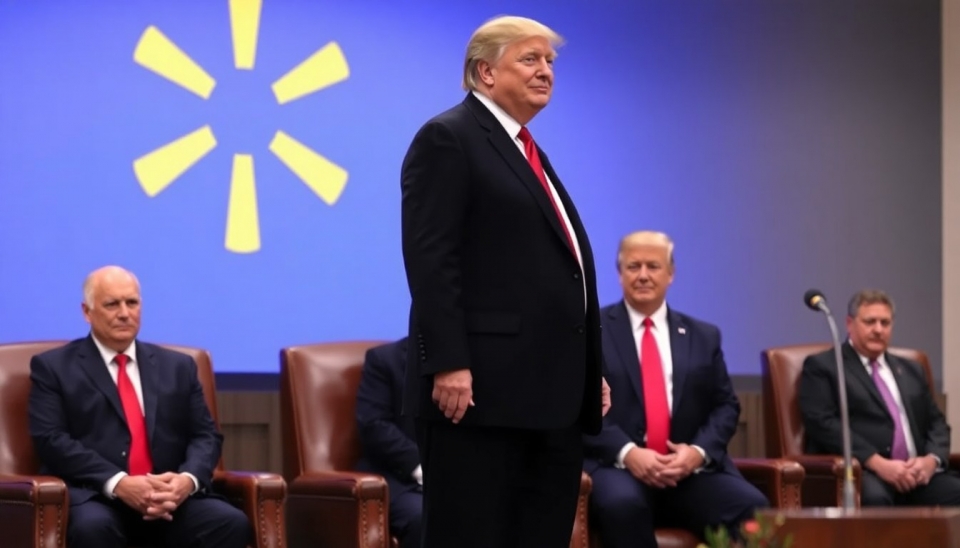The Impact of Tariffs on Car Prices: What the Market Can Expect

Recent research has revealed that changes in tariff policies can significantly impact car prices globally. In a global market where supply elasticity and purchasing power play crucial roles, an increase or decrease in tariffs on imported vehicles can greatly affect the financial decisions of both manufacturers and consumers.
According to research data, it is expected that tariffs introduced by various governments will create further fluctuations in market pricing policies. For example, when tariffs on imported cars increase, many manufacturers may be compelled to pass additional costs onto the end consumer, consequently raising car prices.
Furthermore, such changes in tariff policy may prompt companies to reevaluate their supply chains. Some manufacturers may begin exporting parts from other countries or even relocate some of their production closer to market areas to minimize the impact of the new tariffs.
In light of these changes, analysts predict that consumers will adopt a more cautious stance in their purchasing decisions, potentially slowing the overall sales rate of cars. This may lead to an increase in the use of second-hand cars, as buyers seek to avoid high prices for new vehicles.
Thus, the influence of tariffs on car prices is a complex question inspiring numerous discussions and opinions among experts. It is important to note that while short-term effects may be noticeable, long-term implications depend on how quickly manufacturers adapt and how the market will respond.
In the coming months, a better understanding of these interactions is expected, and the automotive industry will closely monitor changes in tariff policy.




